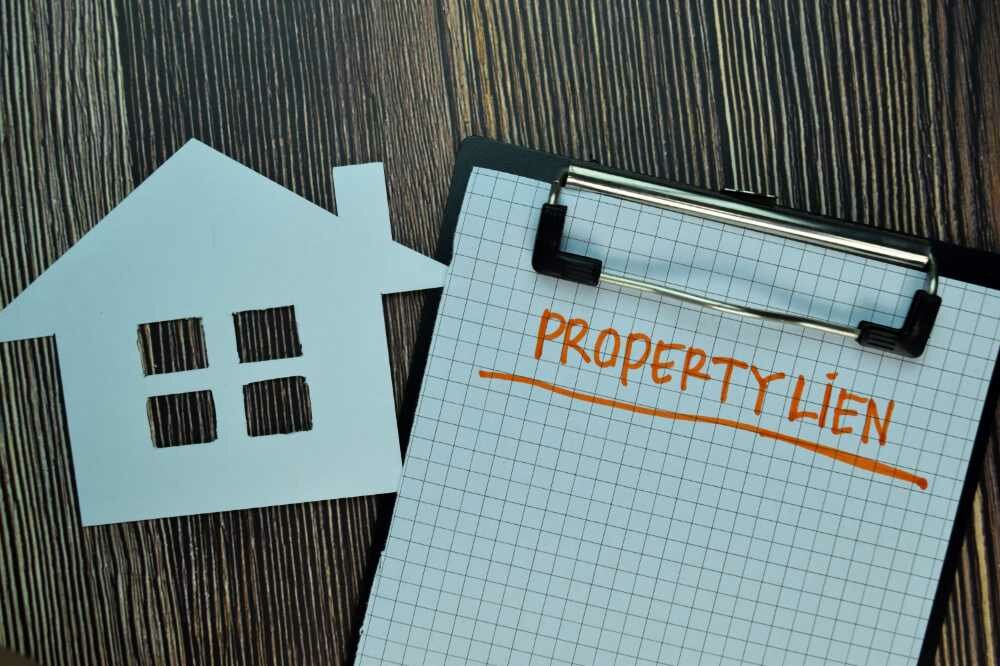
Everything You Need to Know About Large Liens
Liens grant creditors ownership of another’s property. It gives them the legal right to seize a property put up as collateral of a loan.
When things are going smoothly, you hardly pay attention to the creditors and the lien because they help you keep up with payments.
However, liens can make life tough for you, or they can help you safeguard your properties when things go wrong.
What are Liens?
A Lien simply represents a legal right to a piece of real estate. Liens grant the right to an individual or organization to seize property or pursue other legal remedies to secure the performance of an obligation.
In addition, Liens are part of public records to educate creditors and others about current debts.
What Can a lender Actively Gain from Large Liens?
- Liens permit your lender to foreclose and sell your property if you fail to pay your debt.
- Liens inform the public of outstanding claims against the property because they are public documents. It is challenging to sell your property if your debt isn’t cleared.
Types of Liens
Liens can be filed whenever someone possesses a legal claim to someone else’s property. For example, they can be filled on a personal or real property purchase agreement. Personal property refers to movable assets, such as cars, and real property is immovable assets such as houses.
- Mortgage loans
Mortgage loans are known as secured loans and involve using a property as collateral when an individual takes out a loan to purchase or refinance a home. You grant permission to the lender to take possession or foreclose on your house if you fail to meet up with the loan agreement.
- Real estate Loans
These are loans taken out on a personal property, your car. They are similar to home loans as you use the car as collateral for the loan. The lender has a legal interest in the car and can seize it at any time without informing you.
How to Get Rid of Liens
If you have a lien property, there are limited ways to free yourself from the agreement. It is not so easy to perform the obligation that created the lien, and, in some cases, liens can only be settled by the individual or company that created it.
Here are some ways to remove a lien on your property
- Settle your debt
The first and most guaranteed way to remove a lien from a property is to settle your debt. Although this is not so easy, it is a straightforward way to get your property back from your lender. Once you pay off your debt, the lien will be removed from your property.
- Negotiate
You can negotiate with your lender to first make half payment and complete the payment at a fixed date. Or you can settle with your lender to pay less than the amount owed. Your lender might be willing to accept your offer, move on, and put the whole ordeal in the past.
- Correct the Lien
Imagine purchasing a car from the owner who had an auto loan on the car, and the lien release wasn’t properly filed. Hard to imagine, but it does happen. In this case, you can contact the lienholder to dispute the lien.
Final Thoughts
Liens are part of public records, and anybody can discover you have a lien on your property. This can make it extremely difficult to sell it, even with the help of a real estate agent. Furthermore, the purchase price may be lower than the market price even if you sell it.
One of the best options for selling a house you used as collateral is securing the services of a cash buyer such as Florida Home Buyers.
You can avoid foreclosure and get a fair asking price for your property with cash buyers.
